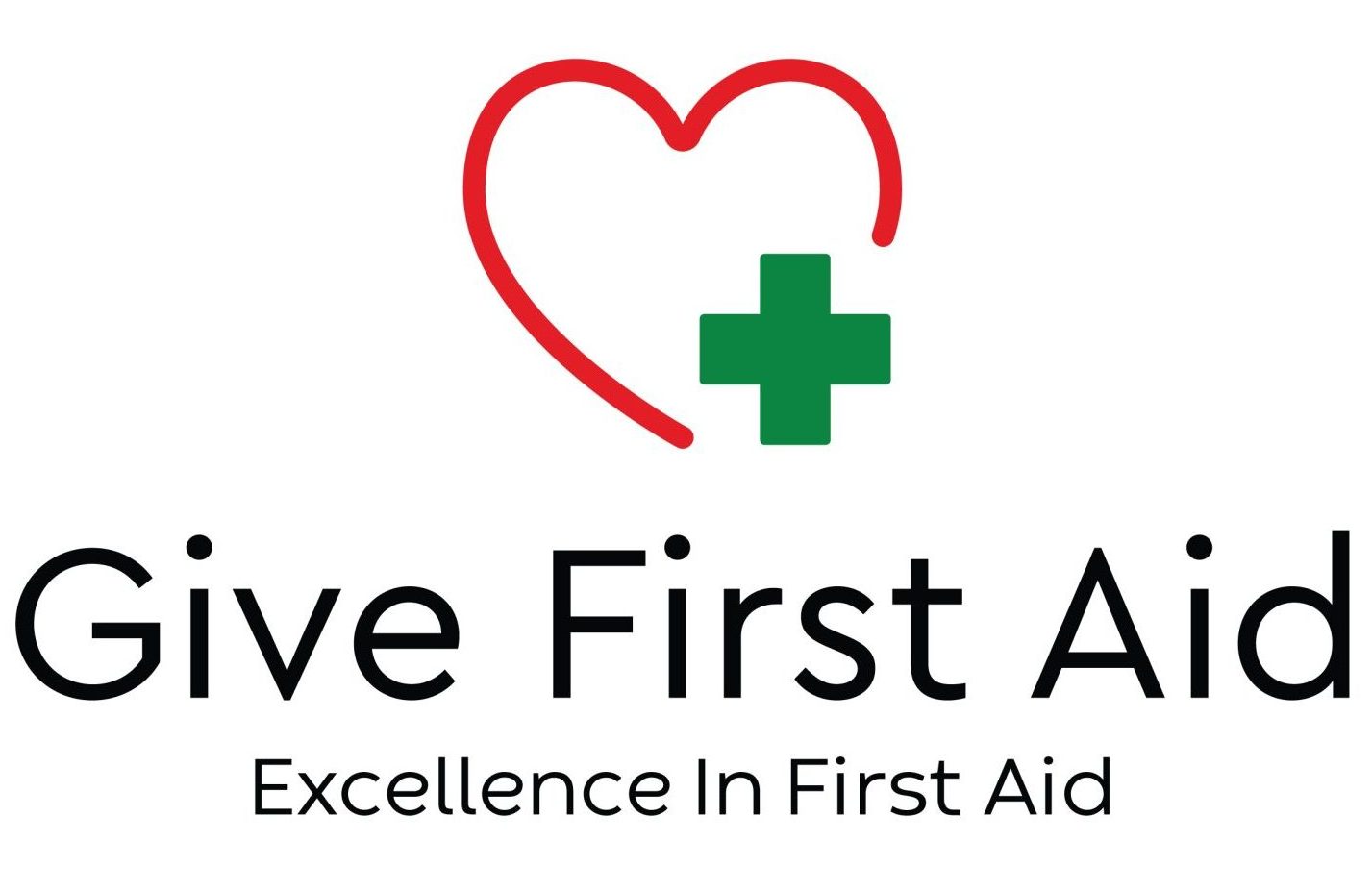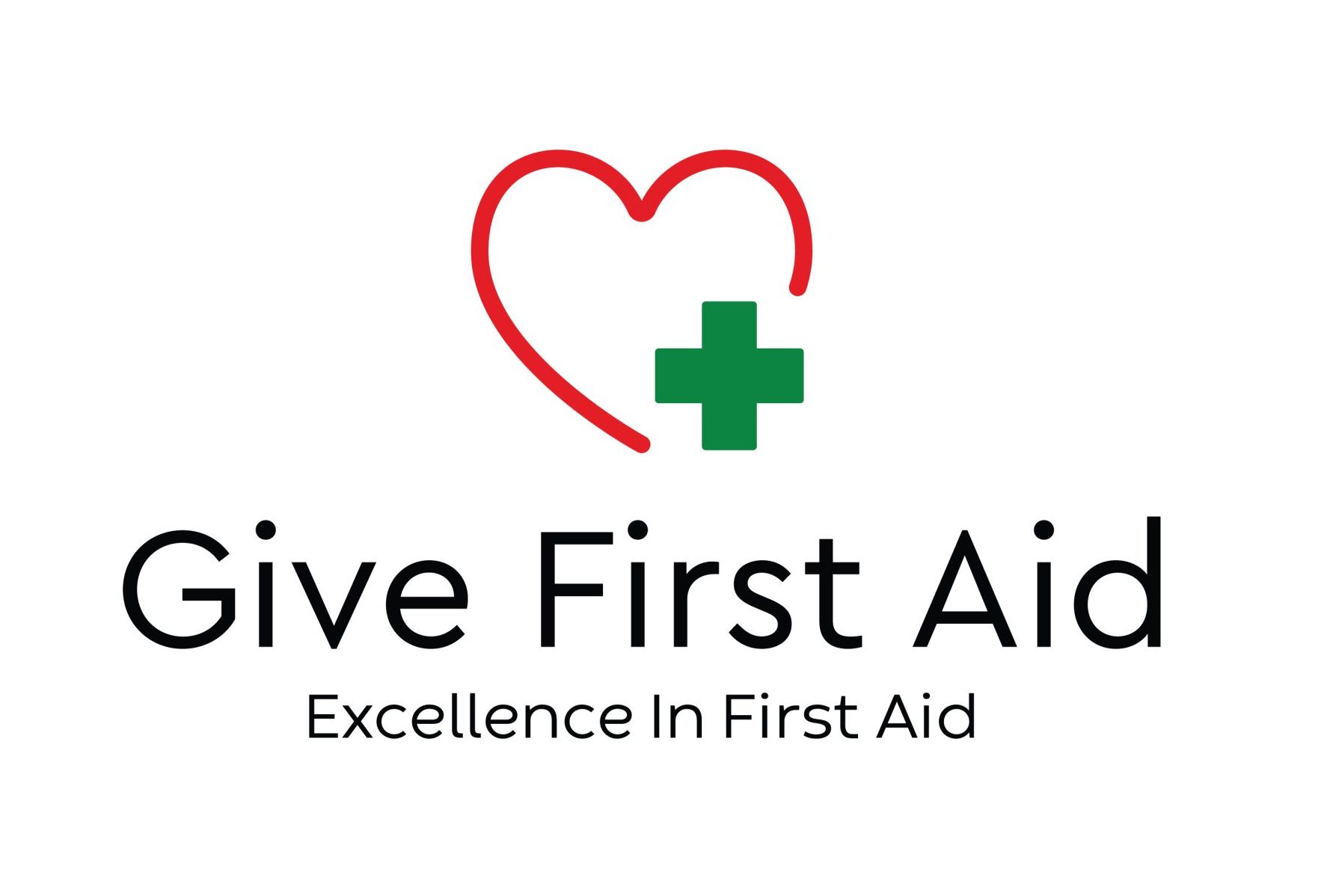Sharps Injuries
Some people, such as health care workers are at increased risk of needle stick injury, which occurs when the skin is accidentally punctured or scratched by a used needle or sharp object. Although the risk of transmission is low, blood-borne diseases that may be transmitted by such an injury include human immunodeficiency virus (HIV), hepatitis B (HBV) and hepatitis C (HCV).
Reducing the risk of needlestick injuries:
 It is generally recommended that workers who may come in contact with blood or body fluids should receive hepatitis B vaccinations.
It is generally recommended that workers who may come in contact with blood or body fluids should receive hepatitis B vaccinations.
 Follow all safety procedures in the workplace.
Follow all safety procedures in the workplace.
 Latex or nitrile gloves will not protect you against needle stick injuries.
Latex or nitrile gloves will not protect you against needle stick injuries.
 Never bend or snap used needles.
Never bend or snap used needles.
 Never re-cap a needle.
Never re-cap a needle.
 Always place used needles into a clearly labelled and puncture-proof sharps approved container.
Always place used needles into a clearly labelled and puncture-proof sharps approved container.

Immediately after the Injury
 Encourage the wound to gently bleed, ideally holding it under running water. Do not scrub the wound.
Encourage the wound to gently bleed, ideally holding it under running water. Do not scrub the wound.
 Wash the wound using running water and soap.
Wash the wound using running water and soap.
 If soap and water are not available, use alcohol-based hand rubs or solutions.
If soap and water are not available, use alcohol-based hand rubs or solutions.
 If the eyes are contaminated, rinse eyes while open with water or saline. Remove contact lenses.
If the eyes are contaminated, rinse eyes while open with water or saline. Remove contact lenses.
 If blood or body fluids get into the mouth, spit it out and then repeatedly rinse with water.
If blood or body fluids get into the mouth, spit it out and then repeatedly rinse with water.
 If clothing is contaminated, remove and shower if necessary.
If clothing is contaminated, remove and shower if necessary.
 Apply a waterproof dressing as necessary, apply pressure if bleeding is still occurring.
Apply a waterproof dressing as necessary, apply pressure if bleeding is still occurring.
 Ensure the safe disposal of the sharp.
Ensure the safe disposal of the sharp.
 If you are at work, notify your supervisor or Occupational Health and Safety Officer – you will need to fill out an Accident Report Form.
If you are at work, notify your supervisor or Occupational Health and Safety Officer – you will need to fill out an Accident Report Form.
 Go straight to your doctor, or to the nearest hospital emergency department.
Go straight to your doctor, or to the nearest hospital emergency department.

At the doctor’s surgery or emergency department your doctor should:
 Take detailed information about the injury, including how long ago it happened, how deeply the skin was penetrated, whether or not the needle was visibly contaminated with blood, and any first aid measures used.
Take detailed information about the injury, including how long ago it happened, how deeply the skin was penetrated, whether or not the needle was visibly contaminated with blood, and any first aid measures used.
 Explain the transmission risks, which are small.
Explain the transmission risks, which are small.
 Offer blood tests to check for pre-existing HIV, HBV and HCV. You should be offered counselling about these tests before the blood specimens are taken.
Offer blood tests to check for pre-existing HIV, HBV and HCV. You should be offered counselling about these tests before the blood specimens are taken.
 Inform the original user of the needle about the needle stick injury – if they are known. They will be asked to consent to blood tests to check their HIV, HBV and HCV status. They should be provided with counselling before the tests are done.
Inform the original user of the needle about the needle stick injury – if they are known. They will be asked to consent to blood tests to check their HIV, HBV and HCV status. They should be provided with counselling before the tests are done.
 Advise you about reducing the risk of transmission until the test results are received. You should practice safe sex and avoid donating blood.
Advise you about reducing the risk of transmission until the test results are received. You should practice safe sex and avoid donating blood.
 Ask your doctor about additional counselling if you think that you will require it.
Ask your doctor about additional counselling if you think that you will require it.




